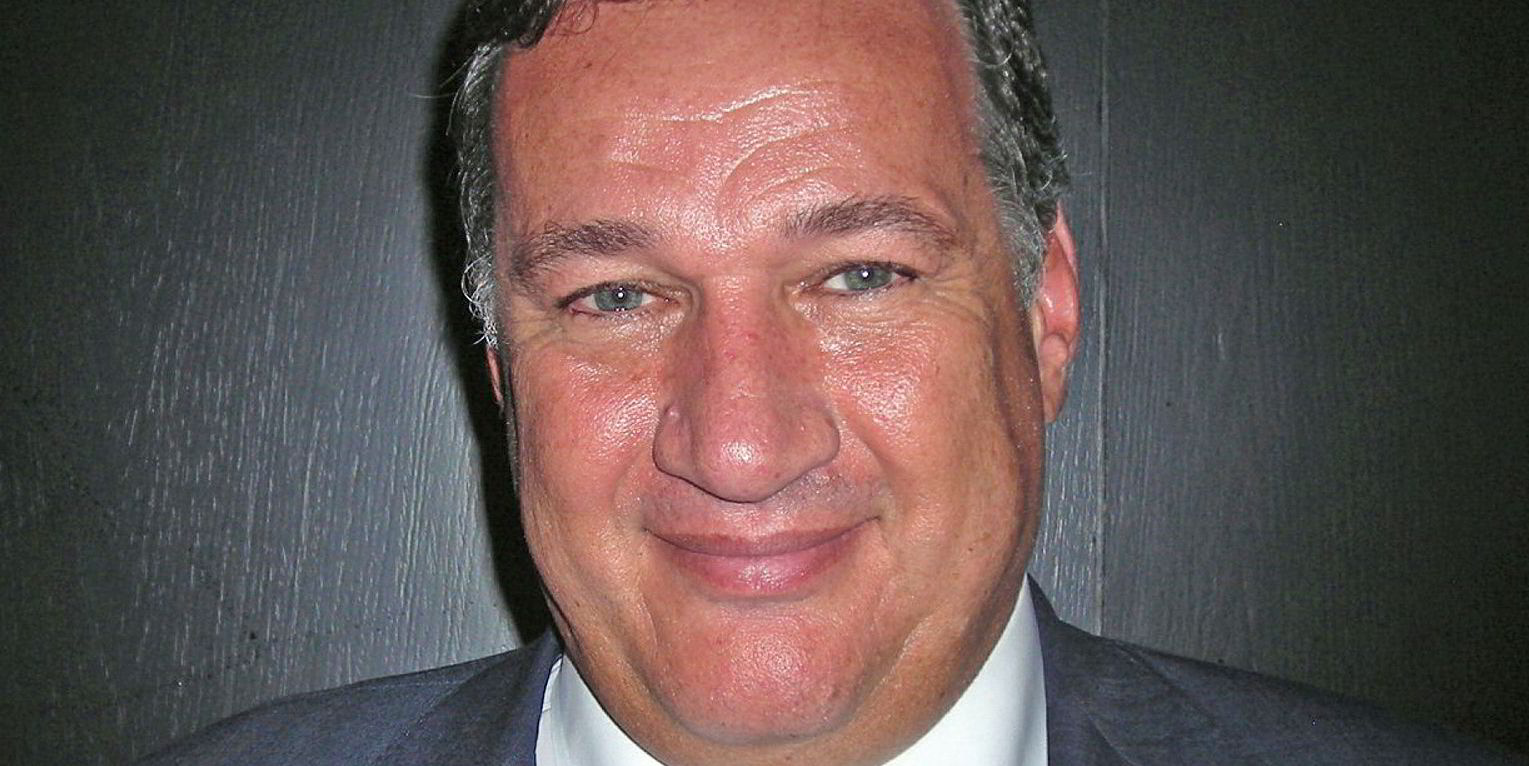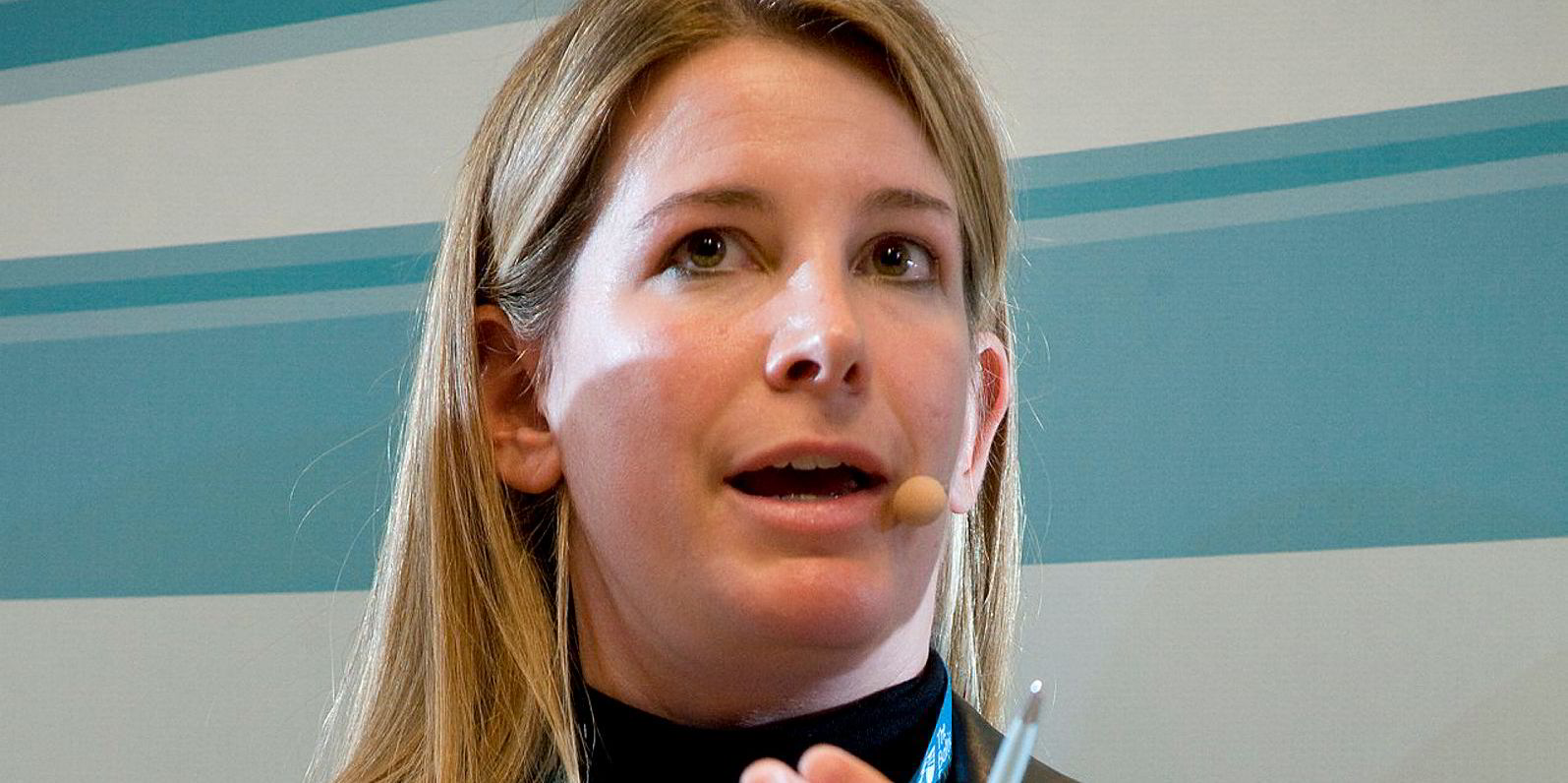An eyebrow-raising $40m stock incentive scheme introduced by Star Bulk Carriers last week is — like so many other things in shipping today — all about scrubbers.
The New York-listed bulker owner was one of the first to be convinced that exhaust-gas scrubbers are the way to go to meet the IMO 2020 emissions deadline.
Executives managed to persuade top shareholder Oaktree Capital Management that the filters were worth the investment.
Scrubber pledges
That, not coincidentally, led not only to Star Bulk’s commitment to the devices last June, but weighed on decisions by two more Oaktree-backed shipowners — dry bulk peer Eagle Bulk Shipping and Torm in the clean-product sector — to announce scrubber pledges later that summer.
Now, Oaktree and Athens-based Star Bulk are effectively putting the management’s bonuses on their scrubber wagers: any non-salary compensation for executives in 2020 and 2021 will hinge on just how successful scrubbers are in generating outperformance against relevant dry market rate indices tied to Baltic Exchange reporting.
This backstory leading to Star Bulk’s announcement comes from a source close to the shipowner in response to questions from TradeWinds this week.
Under the $40m stock incentive scheme:
- Any non-salary compensation for executives in 2020 and 2021 will hinge on scrubber-fitted vessels outperforming relevant dry market rate indices tied to Baltic Exchange reporting.
- Four million restricted shares have been issued that will vest at one Star Bulk common share each during 2020 and 2021, if the shipowner outperforms the relevant indices by $120m.
- According to available filings, Star Bulk's senior management received aggregate cash compensation of $1.9m for 2017, with about 400,000 shares issued to officers and directors.
- Star Bulk plans to install exhaust gas scrubbers on its entire fleet of 105 ships.
And questions were aplenty, also coming from equity analysts as they attempted to digest a plan that — somewhat controversially — uncouples management’s bonuses from the performance of Star Bulk’s stock.
Star Bulk is believed to be the first public shipowner to link incentive compensation entirely to outperformance in the freight market without regard to share price benchmarks.
Responsible owner
While analysts seem to accept that Star Bulk is likely to act responsibly for a number of reasons, they also caution that the scheme's structure could be a dangerous precedent if adopted by less principled owners.
Details were scarce in a one-paragraph description of the plan released by Athens-based Star Bulk. What is known is that four million restricted shares — about 4% of current shares outstanding — have been issued to executives.
Each of these will vest at one Star Bulk common share during 2020 and 2021 if the shipowner outperforms the relevant indices by $120m. Bonuses increase for each $20m of outperformance, up to a maximum $300m.
What is not mentioned in the release is that the plan will take the place of any other non-salary compensation, which is currently awarded as both restricted stock and cash bonuses. Also, shares that do not vest will immediately be cancelled.
According to available filings, Star Bulk's senior management received aggregate cash compensation of $1.9m for 2017, with about 400,000 shares issued to officers and directors. No further breakdown was detailed.

Management will do better [than current awards] if all the tranches vest — it will not do as well if only a couple do
Source close to Star Bulk
The new chartering-based incentive plan was drafted by Star Bulk’s compensation committee, which includes three members: Mahesh Balakrishnan, an Oaktree managing director; Tom Softeland, a Norwegian shipping veteran who has been a Star Bulk director since its inception; and Spyros Capralos, a former Star Bulk CEO who chairs both the compensation panel and the board.
Biggest shareholder
Oaktree owned about 35% of Star Bulk's shares at last reporting, making it the largest holder. Balakrishnan and fellow Oaktree executive Jennifer Box have been on Star Bulk’s board since 2015.
The private equity giant is also the largest holder in New York-listed Eagle Bulk at roughly 36%. Eagle Bulk announced its scrubber plans in September, and has grown the number of vessels to be fitted with the system to 37 of its 46.
Oaktree is the majority shareholder in Torm, with a 63.5% share in December. Torm announced its intentions to use scrubbers in August and currently plans to install them on 39 of its product tankers.
Star Bulk employees eligible for the incentive plan were not specified in the company’s release. This is because individual grants have not yet been made, the source says.
"Management will do better [than current awards] if all the tranches vest — it will not do as well if only a couple do,” the source adds.
Star Bulk plans to install exhaust gas scrubbers on its entire fleet of 105 ships.





